
FOOD IN KENYA
03-07-2020 di redazione
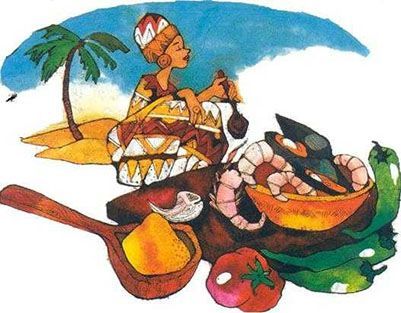
We are well aware of the history and travails of the African continent: few strains and thousands of tribes scattered over an area of about 30 million square kilometers, who have paid a bitter duty to the evolution of the Western world, suffering equal treatment in every corner of their wild and sunny land.
Like the peoples and nature, the cuisine has suffered from European colonization, which has its roots even before the eighteenth century.
Arabs and Portuguese, Chinese and Indians, mostly merchants and adventurers, had already invaded the coasts and circumnavigated the Cape of Good Hope, when the Old Continent decided to pitch their tents in the forests, at the edge of deserts, on the slopes of mountains or plateaus, after going up rivers and discovering lakes and waterfalls. Years later the paths marked out by explorers would become runways beaten by the first off-road vehicles, the savannah would be divided by the railway and the first airports would appear.
Yet in much of Africa lunch and dinner remained the same as when the white man did not exist. A bowl of rice, a shred of meat almost charred by a rudimentary barbecue, a handful of polenta to work with your hands and dip in a miserable sauce, a cup of tea that looks like dirty water, infested by insects. This is the image that often leads us back to African food. It is impossible not to think about world hunger, famine, poverty and the climatic and geological conditions that condition the lives of millions of people.
The traditional iconography of the child begging the tourist, unfortunately, is still current but is fortunately leaving room for the emergence of the awareness of a developing continent (albeit slowly and with new problems), which tries to shake off the impositions of history and the sort of fatalism that has caused its secular submission.
Through cooking, we can appreciate how humility, exploitation of primary resources and satisfaction of the palate can be combined with harmony and refinement.
East and subequatorial Africa, for example, is rich in nature's products and there is no lack of the fundamental elements of nourishment. We can undoubtedly say that in Kenya, for example, only olive oil is missing among the main ingredients of world gastronomy (but also Chinese cuisine, among the most varied and important in the world, does without it).
In South Africa excellent wine is produced, rated among the absolute best on our planet, the fertile waters of the Indian Ocean are teeming with every variety of fish and shellfish; the fruit trees, mostly tropical, have allowed grafting and created plantations of typical Mediterranean products, in addition to the sweet local ones.
In this page you will therefore find a three-hundred and sixty degree view of East African cuisine, from typical tribal dishes to the changes made over time by the Arabs and Indians, up to the contamination that in the last fifty years has mixed the Anglo-Saxon conception of seasoning with Middle Eastern spices, Mediterranean fish cuisine with strong Indian flavors, French and Italian refinement with the needs of a people accustomed to consider food as a tasteless, necessary, simple daily organic requirement.
As already noted by the writer Ernest Hemingway, who loved to stay in Kenya and Tanzania, you will see that enjoying the wonderful fruits that this land offers and - we add - mixing them with taste, will seem something more than a special dinner: it will mean tasting our origins, our roots, how much closer there is to Mother Nature, to the human being. Without giving up the pleasure of good food and discovering exoticism
Translated with www.DeepL.com/Translator (free version)
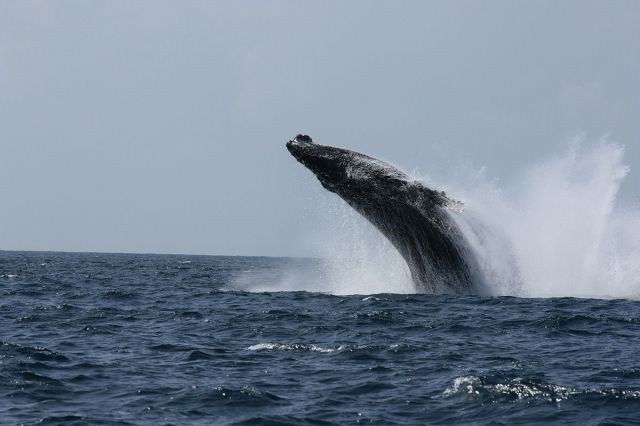
The tourist season has just begun, but those lucky enough to be in Kenya, and specifically in Watamu, these days...
TOURISM
di redazione
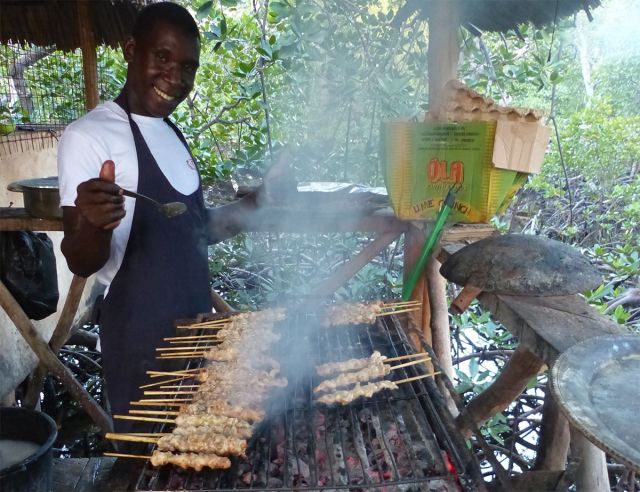
In recent years gastronomic tourism has grown considerably all over the world.
This is due to the popularity of certain programmes and also to the media coverage of dishes and restaurants, especially in social networks.
PLACES
di redazione
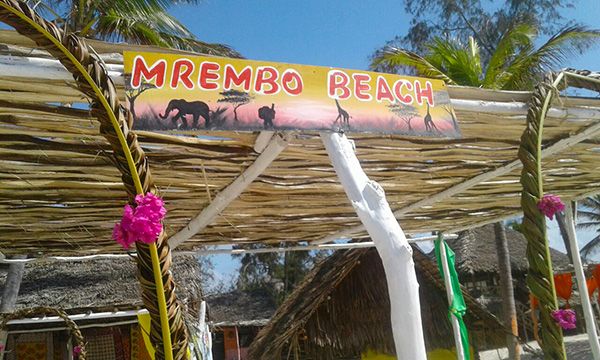
A new, very nice "chiringuito" looks out onto the captivating setting of the Watamu beach meeting points.
In the bay of Fortamu, facing the island of love and just a few meters from
RECIPES
di redazione
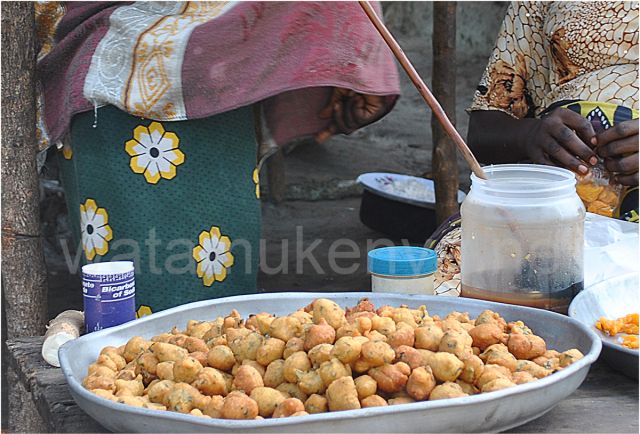
Kenya, thanks to past trade relations with Arabs, Indians and Persians, is a mix of cultures and traditions, of stories and food.
Among the most common street food...

With tourism reopening with fewer and fewer restrictions, direct charter flights have also started up again since last August, and European tourism is ready to resume the holiday discourse that was abruptly interrupted in February 2020.
In inviting you to...
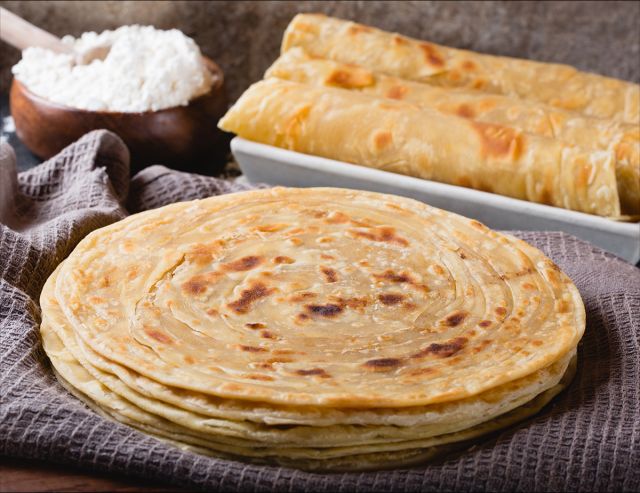
Chapati is a traditional bread brought to Kenya from the Indian tradition, but then evolved throughout the country and today baked in the streets, in poor places as well as in high level establishments as an accompaniment for dishes.
Its...
RECIPES
di redazione
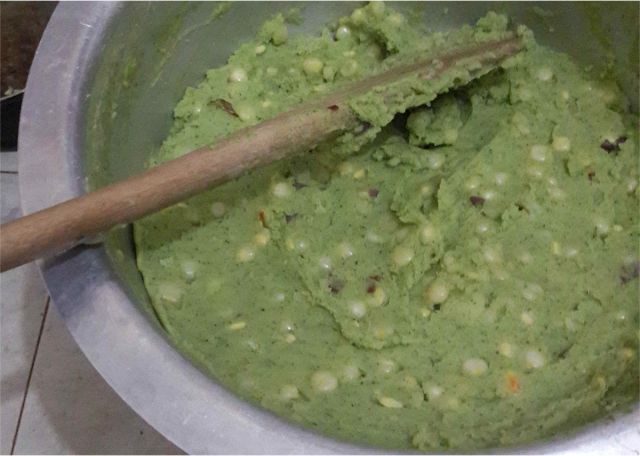
MUSIC
di redazione
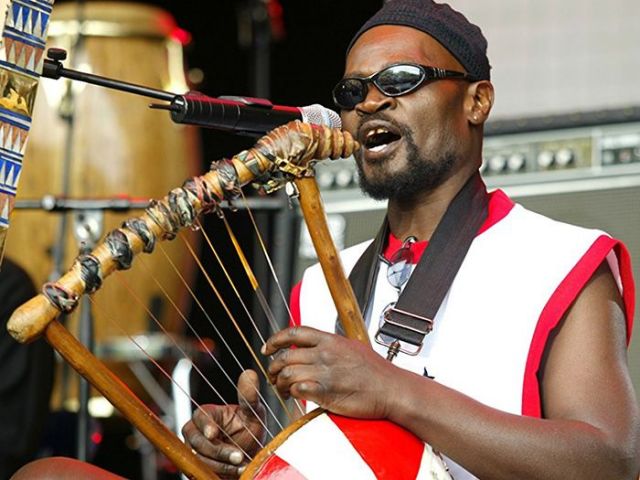
Job Seda aka Ayub Ogada, born in Mombasa in 1956 but originally from the Lake Victoria region bordering Uganda and who passed away in...
RECIPES
di redazione
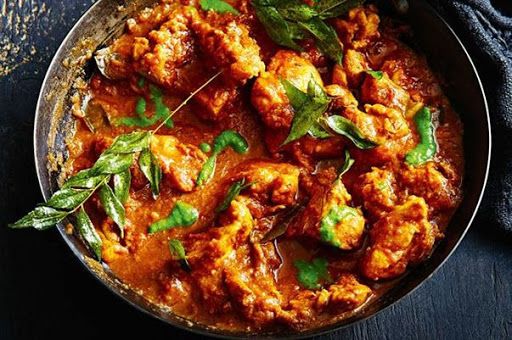
The goodness of free-range chicken in Kenya is no mystery. In most cases it is simply cooked on the grill, but there are dishes of Swahili cuisine that contemplate other pleasant encounters of flavors. One of these is tamarind chicken...

If the Come Back Club is the undisputed meeting point for every night in Watamu, with its increasingly crowded bar and full of joy, with the hospitality of his "deus ex machina" Mario Ciampi and that mixture of Africa and...
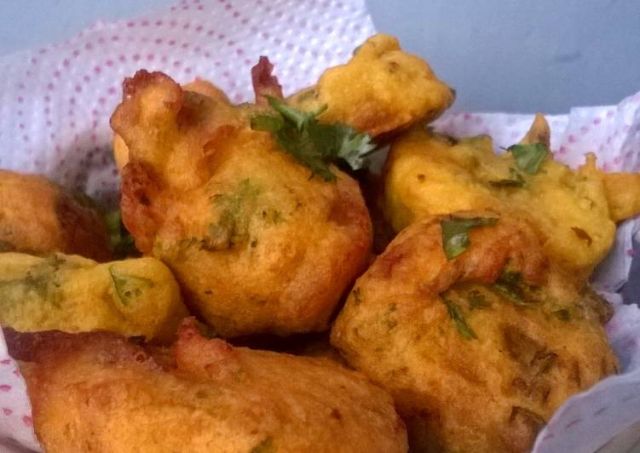
Mixed potatoes with lemon aroma and chili soul are one of the delights of Kenyan coast street food.
They are called "Viazi Karai" and are sold at every street corner, fried on the fly in the wok set up in...